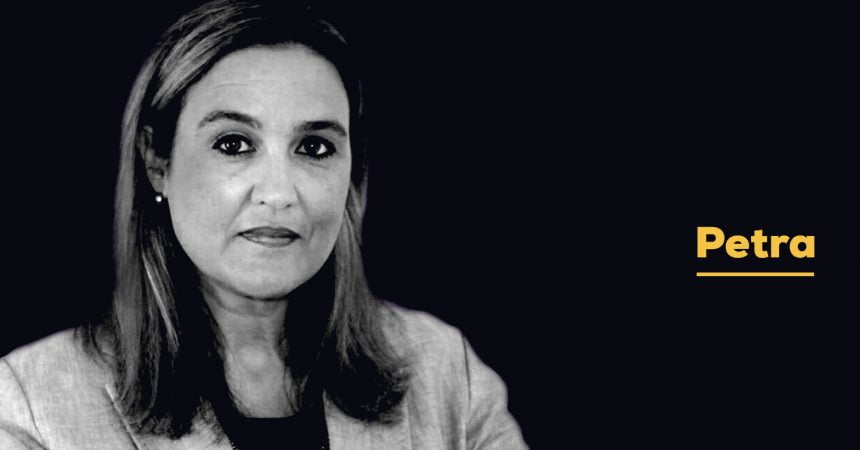Adrian Delia is quite right to say that the problems of the Nationalist Party did not begin with him. His leadership began just after the Party’s major defeat in the 2017 general election. He inherited enormous problems, but they have not improved. The rifts are still there, and the voters are not.
Different beliefs and opinions within a political party are not a bad thing. But the spectrum of ideas that co-exist must be tapped constructively. A leader must surround himself with a skilled team able to innovate and achieve coherence among diversity.
A Party leader can obviously only select his (or her) core team, not the MPs chosen by the electorate. Yet even if his batch of MPs is a rowdy, boisterous group, a leader somehow has to persuade them all to move along the same path. But coordinating dissatisfied or alienated MPs is like herding cats. The leader must find ways to inspire and unite his parliamentary group, or move over and let someone else have a go. The country needs a strong Opposition Party.
Delia has suggested taking the view that the Labour Party is winning, and not that the PN is losing. In other words, it is simply “Labour’s time”, despite any shortcomings. At best, that’s a defeatist and defensive argument. The PL is in the lead because they are offering something (or many things) attractive to voters. While the PN is currently not offering much at all.
He is also pointing fingers at the ‘establishment’, which is a conveniently flexible label, open to be stuck onto any number of things. Does this mean a political elite, or wealth and power, or something else?
And how is the ‘establishment’ not the people currently circling around the PN cockpit? Clyde Puli, Jean Pierre Debono, Kristy Debono, David Agius, Hermann Schiavone, Pierre Portelli, Robert Cutajar and Robert Arrigo, among others, have all been active within the Party for years. They are not newcomers, financially or socially disadvantaged people, or rebels.
Of course, Delia understands the concept of assuming political responsibility. When the Egrant enquiry was concluded in 2018, he had expected Simon Busuttil to suspend himself from the parliamentary group.
Busuttil may have considered resigning as leader over the results of the European elections in 2014 but was comforted as the PN had managed to gain a third seat for the first time, which was his proclaimed target. This was held up as a kind of victory, but the Party crashed headlong into defeat in 2017, Partit Demokratiku and all.
But Delia won’t assume political responsibility himself. And some of his supporters are rooting for him to stay. Hearing is always selective, fondly known as the ‘cocktail party effect’ where, in a crowded noisy room, you manage to listen to one voice.
If Delia intends to stay, against the odds, after the latest electoral losses, then at least he should heed his own advice and bring about real change. Start at the top. He must create and appoint a completely new strategy group. Debono United is his current top team, and its results are an utter failure, black on white.
After this week’s co-option debacle, his political advisor Jean Pierre Debono reluctantly declined to take the parliamentary seat vacated by David Stellini after all. He then claimed to be acting selflessly to protect Delia.
Many questions about this mess are still up in the air. Was there incorrect handling of the voting lists and procedures in the meeting of Saturday, 1 June? Will there be an internal inquiry about this? Is Debono’s position as a PN employee still tenable after the developments of that meeting? Things have gone much too far to just move on as though nothing ever happened over the weekend.
Newspapers and social media are overflowing with comments about the state of the PN. Many are direct appeals for political accountability. Others in more sensitive positions couch their criticism in vaguer terms, but the underlying message is pretty clear.
Within this cacophony of voices, calls for Debono’s resignation, in particular, are growing in number. His name has never been in the news this much. He seems to have spent his entire career walking up and down the Stamperija corridors of power and has staked all his ambitions on the PN. In an interview in January, he was referred to as a ‘tifel tal-partit’ (a Party boy).
The situation is untenable and the PN core team must finally listen up. The canary is going silent in the coal mine. It’s time for them to find the exit.
Deputy leader Robert Arrigo has read the signs and is pointedly distancing himself from Debono, and in strong language. That is significant as it indicates a shift in mood. But will he actually prise Debono out of his Game of Thrones at the Stamperija?
It is easy to slam Arrigo for only speaking out now, but not many MPs are doing it. It is heartening to note this flicker of change at the top. The PN is in a coma of denial, but perhaps not yet dead. First the twitch of a finger, then a faint sound, a slight shift, and finally perhaps the eyes will open and startle the mourners praying near the body.












